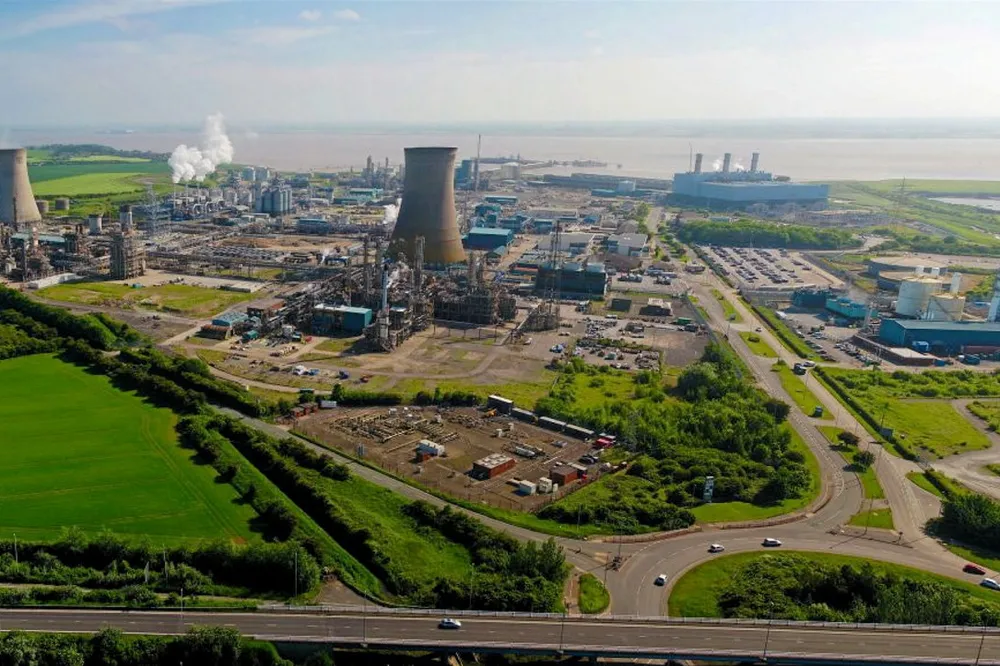Five proposed UK carbon capture projects meet government's eligibility test
Prospective schemes all meet criteria to move forward to next round of selection in October

Prospective schemes all meet criteria to move forward to next round of selection in October
